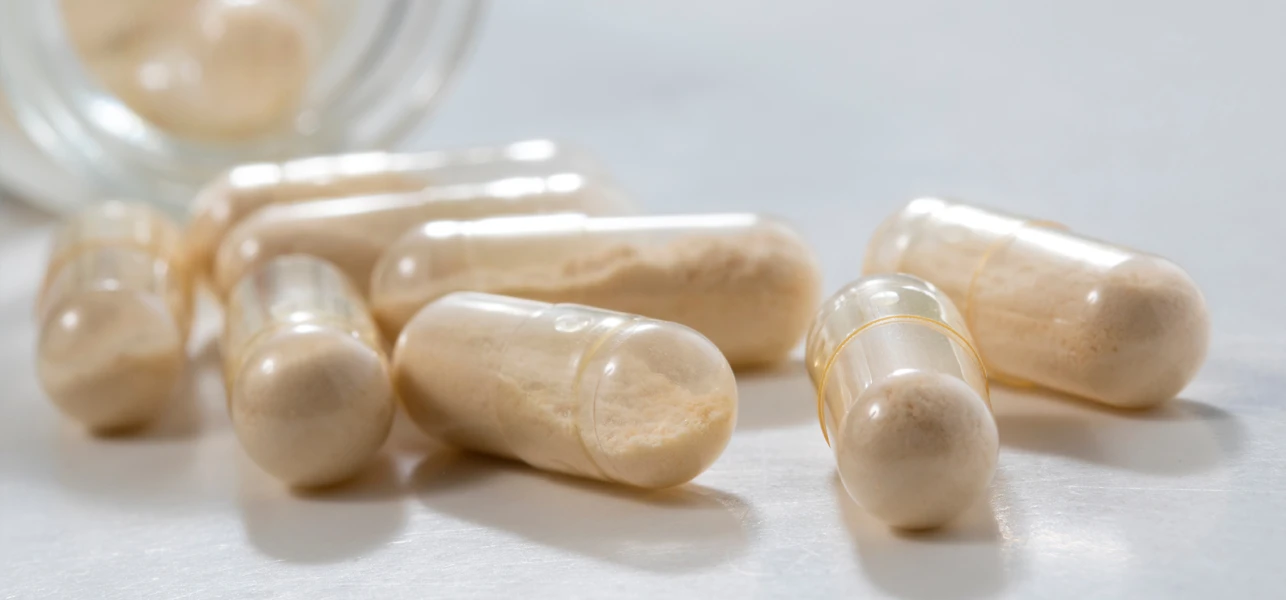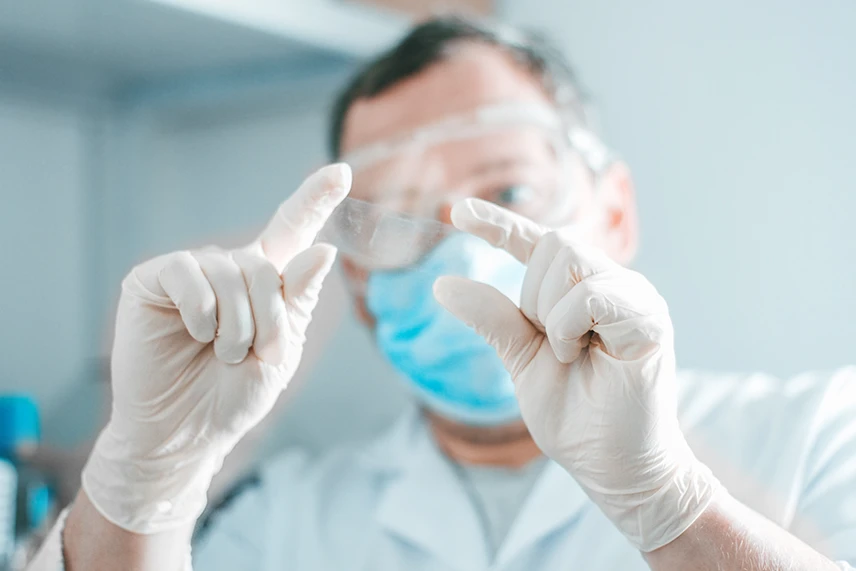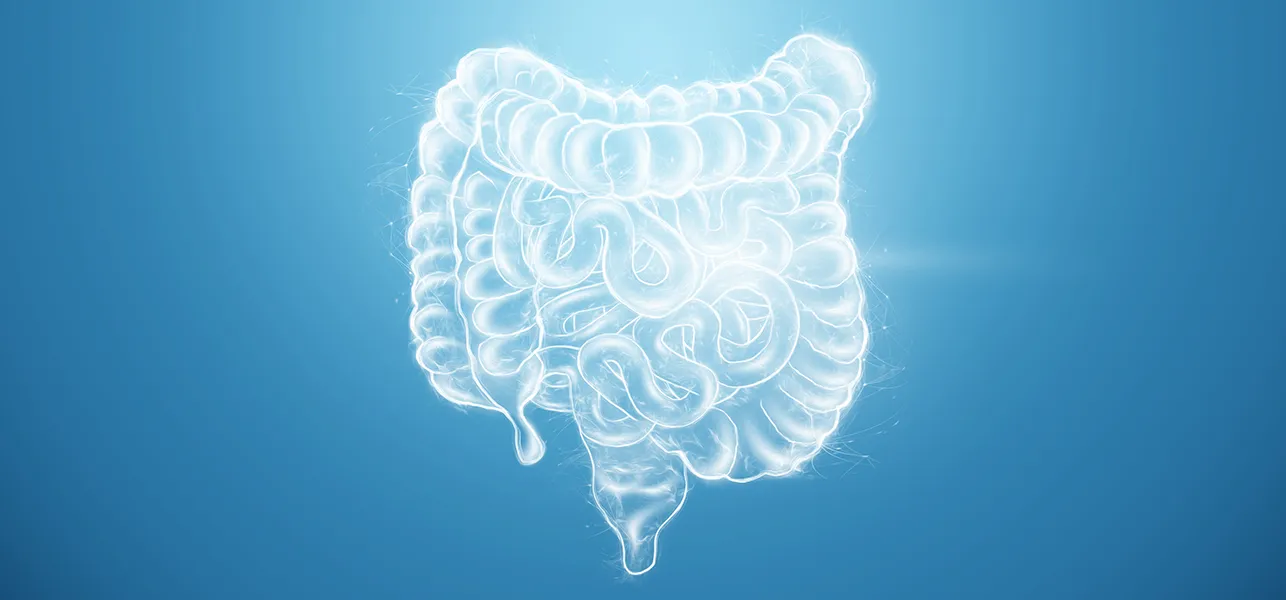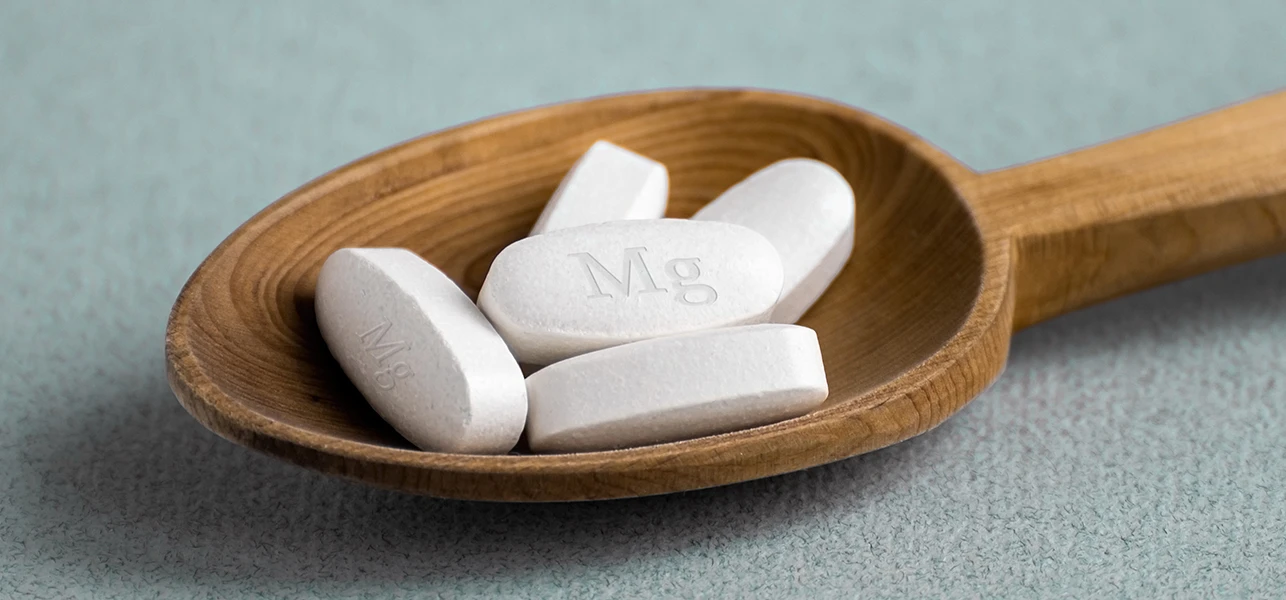Can Probiotics Cause Constipation? Separating Myth from Reality

Probiotic supplements are used by many to promote healthy bowel movements and improve the health of the digestive system. They can also be used to help treat digestive health issues like irritable bowel syndrome (IBS), but can probiotics cause constipation?
While they do promote healthy bowel movements and are often consumed by people looking to improve their bowel regularity and stool consistency, there are some cases where probiotics have been known to cause infrequent bowel movements.
In this article, we are going to take a look at bacteria-based probiotic supplements, how they affect the digestive system, and whether or not they can cause constipation. Take a look below to learn more now.
Can Probiotics Cause Constipation?
Probiotics can cause constipation symptoms in some people. However, it is not a common side effect of taking them. Most cases are caused by yeast-based supplements. While probiotics do cause digestive health issues in some people, the most common side effects are excess gas and bloating.
Constipation can usually be prevented by starting your probiotic supplement on a low dose, consuming more fiber in your diet, and adding a fiber supplement to your routine. If you experience infrequent bowel movements and it doesn’t subside within a few weeks, then you should stop taking the supplement and speak with a doctor.
What Are Probiotics?
Probiotics are live microorganisms that are ingested and are said to have a positive impact on our health. You can find these microorganisms in many foods, including fermented foods. Still, many people now choose to add a supplement containing these beneficial bacteria to their diet to improve overall digestive health.

Advertisement
Often, probiotic supplements contain one or more strains of beneficial bacteria to improve gut health. Different strains can have different effects, so it is important to choose a supplement that does what you want it to.
The beneficial bacteria in these supplements work in the body to maintain balance in the gut microbiome, which refers to the millions of bacteria living in your digestive system. They may also have an effect on your body’s immune system.
A healthy and balanced gut microbiota is important for good health. The gut plays an important role in many aspects of your well-being, including skin health and mental health, so adding this kind of supplement to your diet could benefit you in more ways than one.
How Common Is Constipation From Probiotics?
Constipation from probiotics is actually quite rare. Some people may experience infrequent bowel movements when first starting their probiotics, but this usually eases as your body gets used to them.
It is important to stick to the dosage that your supplement instructs and not exceed this limit. However, if you are concerned about it, you could start by taking a smaller dose and allow your body to get used to the new supplement first. This may mitigate any adverse effects.

Can Probiotics Make You Sick?
Generally, they are considered safe for consumption, but sometimes, taking probiotics results in mild stomach upset and nausea. Most of the time, these symptoms will stop after your body gets used to the new dose of beneficial bacteria.
However, in some cases, these symptoms could be a sign that you have an underlying issue. Research has found that people with small-intestinal bacterial overgrowth (SIBO) can feel side effects like an upset stomach when taking probiotics.
If you have SIBO, you may also experience symptoms like abdominal pain, diarrhea, and headaches. Speak with a doctor if these supplements are making you feel sick, as they will be able to help you pinpoint the underlying cause.
Probiotics and Upset Stomach: Is It Common?
As beneficial bacteria are naturally found in your body and in probiotic foods, an upset stomach after taking probiotics is not common. However, it can occur during the initial period of taking them.
There are some ways that you can mitigate these symptoms. These include ensuring you don’t take your supplement on an empty stomach, drinking mint water or peppermint tea to ease symptoms, making sure that the product doesn’t have lots of added ingredients, and speaking with a nutritionist to ensure you are taking the supplements that best suit your needs.
What Are the Side Effects of Probiotics?
Probiotics can have some side effects. There are many different kinds of supplements, including digestive enzyme supplements, yeast-based probiotics, and other probiotic-based dietary supplements. For this reason, side effects can differ depending on the person and the type you are taking.
Side effects include:
- Headaches are typically caused by supplements and foods that contain histamine-producing bacteria, as the impact these bacteria have on the nervous system changes the blood flow to the brain. They can be avoided by drinking more fluids and getting more sleep, and they usually subside within a week.
- Gas and bloating – these are very common and usually subside within a week of taking your supplement. However, if they continue, it could indicate an underlying condition, like a bacterial overgrowth in the intestines.
- Acid reflux – this is when acid from the stomach moves back up the esophagus. It can happen when bad bacteria in the stomach are killed. The bacteria release toxins which cause acid reflux. It can be avoided by dissolving your supplement in water.
- Nausea – this is a common side effect, and taking your supplement with food can ease it.
- Constipation – though it is relatively rare, sometimes the body cannot remove toxins and other waste from the body fast enough, which leads to infrequent bowel movements. You can relieve these symptoms by getting more fiber in your diet or taking a fiber supplement.
- Diarrhea – digestive health symptoms are common, so some people may experience diarrhea. You can ease symptoms by drinking more water and eating more fiber.
- Itching and rashes – sometimes, probiotics can cause skin rashes as bacteria release toxins in the body. This reaction can be caused if the product contains poor-quality ingredients, but it usually stops within a few weeks.
- Abdominal pain and cramps – this is another common side effect caused by gut changes, which results in more gas than usual. These symptoms usually subside within a few weeks, too.
A Word From a Nutritionist
Probiotics benefit your digestive health, helping to ensure you have regular bowel movements. Many people take these supplements to reduce bloating, gas, and stomach upset, and they can be used for other digestive health conditions, like IBS.
Common side effects of these supplements include gas, bloating, stomach upset, cramps, and diarrhea. Occasionally, some people will experience infrequent bowel movements, too.
While many cases of constipation will cease within a few days of taking the supplements, some people may find that it becomes chronic. If so, you should stop using the supplement immediately and seek advice from a healthcare professional.
For the best results, you could speak with a nutritionist to figure out the right type of probiotics for your condition. As well as taking these supplements, you could increase the number of probiotic foods that you consume. Good food sources of beneficial bacteria include fermented products like sourdough, miso, sauerkraut, and kimchi.
Conclusion
Probiotics can cause constipation in some people. It is more likely if you are taking yeast-based supplements, but this unpleasant side effect usually goes away on its own. If it doesn’t, you should stop taking the product and speak with a doctor to find out if there is an underlying reason for constipation.







Comments (0)